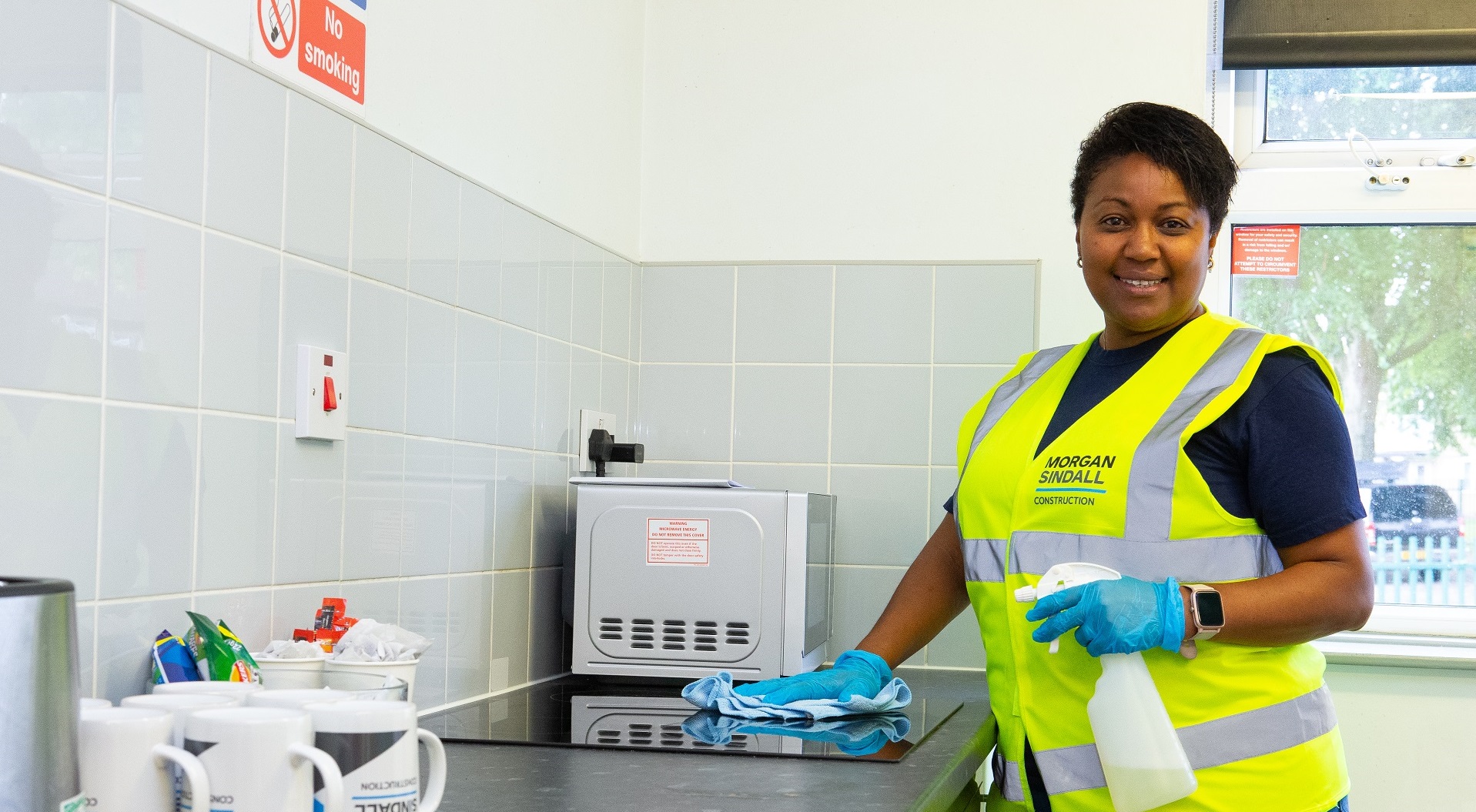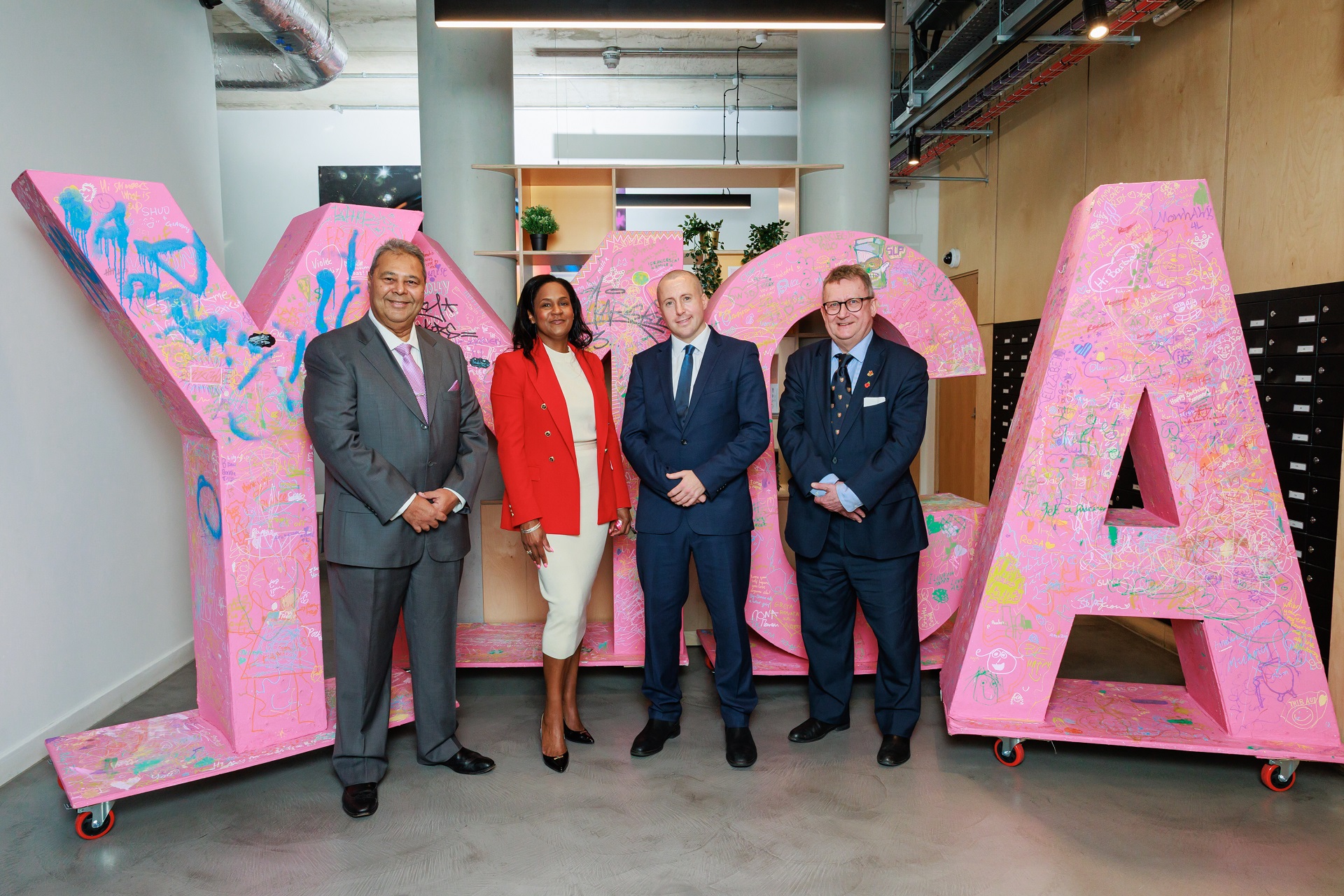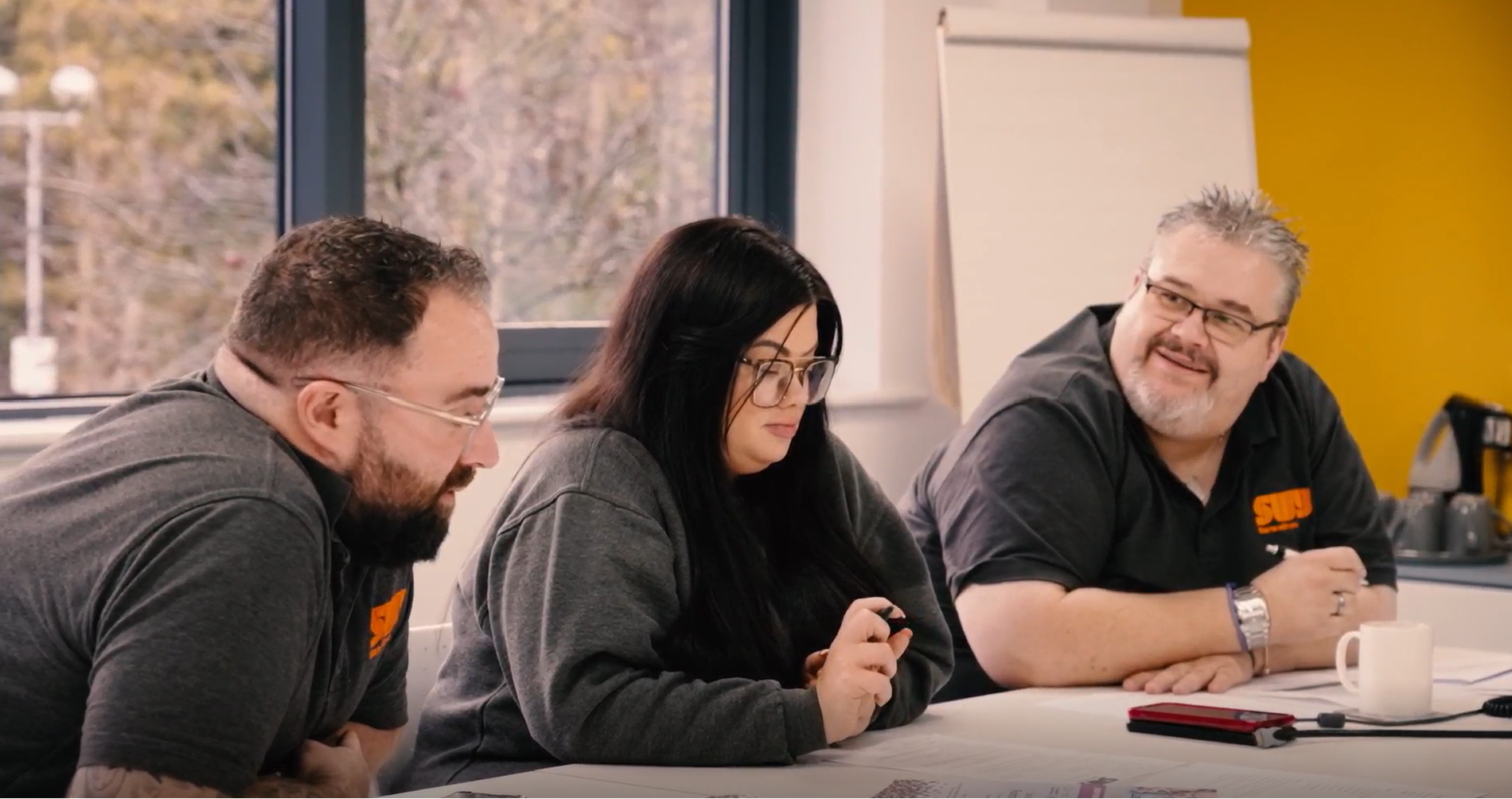
News and views
New Social Enterprise Barometer shows resilience in sector under strain
The latest Barometer in our Social Enterprise Knowledge Centre depicts a sector weathering economic storms, resilient in the face of growing pressures but also showing real signs of strain. Our Barometer reports are published quarterly to provide a snapshot of social enterprise performance across the UK. This latest survey looked into the key issues and trends facing the sector, from reserves and profit making to staff numbers. The proportion of social enterprises that have increased their reserves has gone up in the last quarter, with 33% reporting an increase compared to just 18% in the previous three months. However, 31% reported a decrease in reserves. Profitability levels and the proportion of social enterprises breaking even has dropped by 10% since January, but most respondents managed to at least maintain their profits over the past three months. A positive in this quarter’s report is that the downward trend of social enterprises reporting a reduction in staff has continued, and more social enterprises are starting to grow staff numbers. When asked what the main challenges have been in the last three to six months, more than a quarter cited access to finance as a major issue, with inflation and skills shortages also being identified as major challenges. The picture painted in the November 2023 Barometer is a mixed one – social enterprises are succeeding against the odds, but many are seeing incomes decline and reserves depleted. More needs to be done to support them as they continue drive growth for people and planet. Click here to read the full report
2 min







